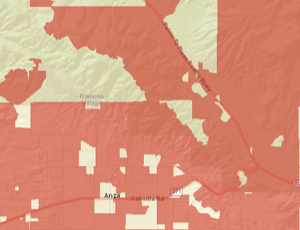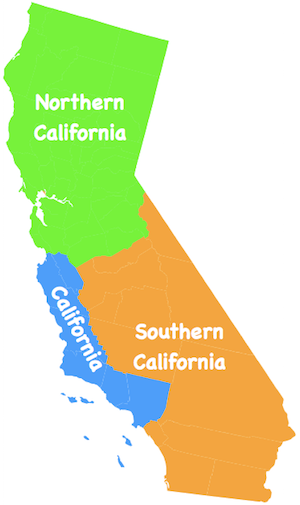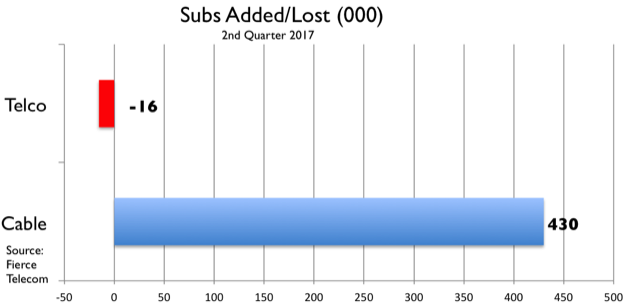California legislature to grant redlining absolution to mobile industry
Mobile carriers don’t redline neighborhoods or communities on the basis of income levels. That declaration is the latest present to go under the Senate Bill 649 christmas tree as it nears a final decision in the state legislature. The primary aim of the bill is to give wireless companies open access to street light poles and other “vertical infrastructure” owned by cities and counties in California, at below market rates.
New language tightening up definitions was added to SB 649 in preparation for a floor vote by the California assembly.… More



![By Joachim Huber [CC BY-SA 2.0 (https://creativecommons.org/licenses/by-sa/2.0)], via Wikimedia Commons](https://www.tellusventure.com/images/2017/9/vultures.jpg)
![By Tomas Castelazo (Own work) [GFDL (https://www.gnu.org/copyleft/fdl.html) or CC BY-SA 4.0-3.0-2.5-2.0-1.0 (https://creativecommons.org/licenses/by-sa/4.0-3.0-2.5-2.0-1.0)], via Wikimedia Commons](https://www.tellusventure.com/images/2017/9/letter_to_santa.jpg)





